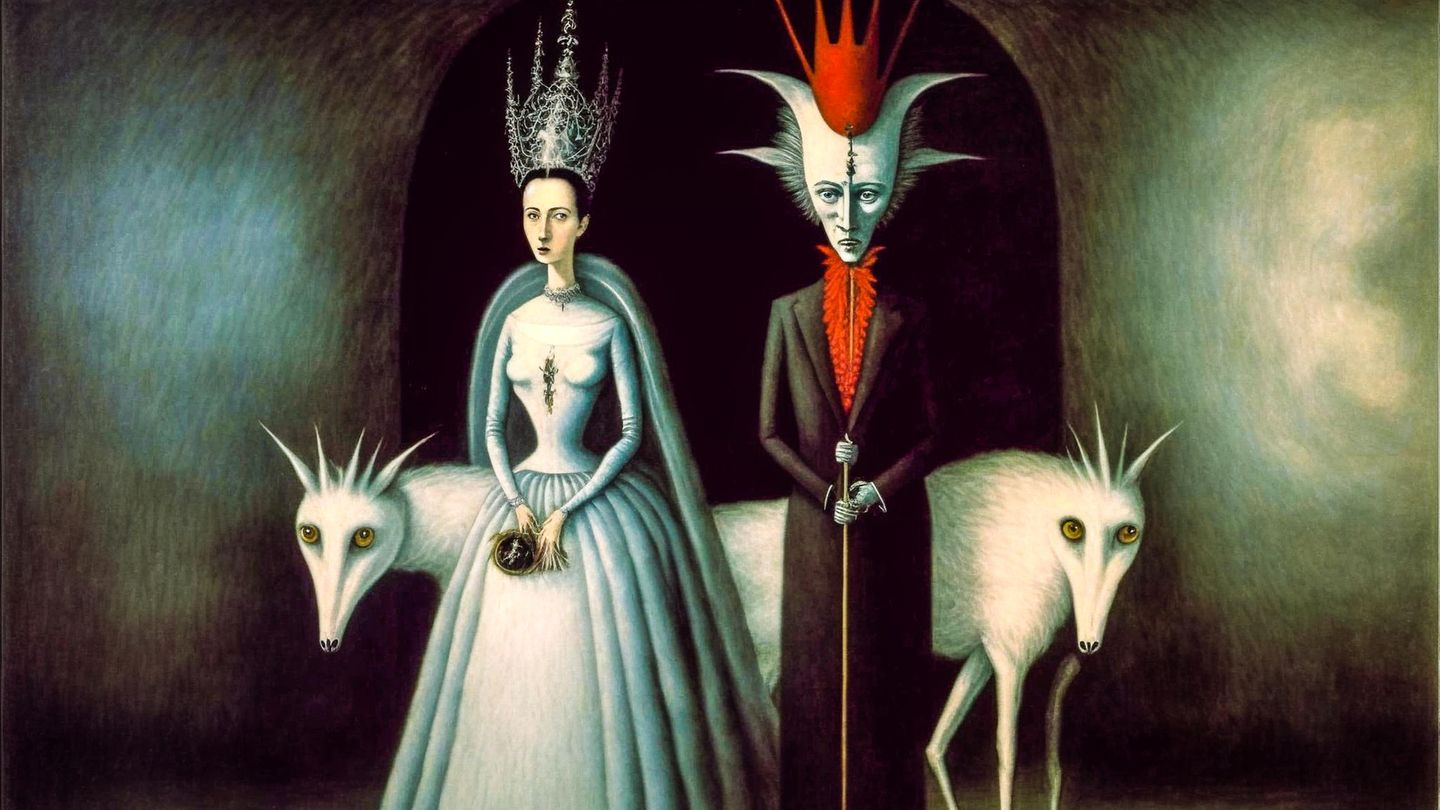Cathy Press has been a psychotherapist specializing in domestic abuse for 25 years. She names five types of toxic people to be wary of.
“The longer you’re stuck in a toxic relationship, the harder it is to get out of it,” warns psychotherapist Cathy Press in an article on Make It. She knows the physical and mental consequences of being caught in a relationship that is harmful. For more than two decades she has been accompanying people who suffer from violence in her work – mostly by their partner.
She has identified five different types of people who behave toxically in different ways – because, as she says herself, toxic relationships are not necessarily about either side playing a harmful role together. “In most cases, this is about a person who wants to exercise control over someone else,” says the scientist. Especially in the early stages, the behavior of the person is not necessarily an alarm signal – on the contrary: “At the beginning they may downright shower you with love, grand gestures and constant contact.”
But sooner or later the facade crumbles with these toxic – or controlling – people. Then it is important to pay attention to the following signs of these “masters of manipulation”.
1. The charming guy
It’s like in the movies: this person has taken your heart by storm with words and deeds, you two stand up against the rest of the world, and he carries you on his hands through all of life’s challenges. uh It’s going very well for a while – until he demands the price for all the love. This toxic type of person gives you a false sense of security by pretending that the strong emotions are real.
“This person wants you to feel like you ‘owe’ them something for being so nice to you.” The danger here is that as the relationship progresses you feel trapped and guilty because you want to meet your own needs, but you are made to feel responsible for meeting the needs of the other person as well.
2. The tyrannical type
Bullies try to intimidate the other person, but they rarely use physical force, Press explains. But what they master and use: passive-aggressive behavior. If the tyrant doesn’t like something, they sulk, remain silent, ignore.
Such a person reserves the right to punish others (preferably the partner) for “wrong” behavior. As a result, you spend a lot of time and energy asking yourself what you did wrong (once again). Concern about what the next reaction will be casts a shadow over the relationship and everyday life.
3. The mind game type
Gaslighting, denying emotions and memories, putting it down one moment and putting it on an unrealistic pedestal the next – if you want to find something positive about the mind-gaming type of person, it’s this: you never know what’s coming next. Therapist Press explains that at the beginning of a relationship, one is often put on a pedestal so that it can then be “dismantled bit by bit and the self-esteem weakened”.
It goes so far that you hardly trust your own judgement. “Did I really say it like that? Am I really remembering it wrong? Am I ultimately to blame for how I’m being treated?” At the latest when the last question pops up in your mind, you should talk to someone about your situation.
4. The taking guy
We all know such people well: There is this one person who always just takes and takes and takes – but never gives back. This is already exhausting in the platonic social setting – but in a romantic relationship such an unequal power relationship can become truly toxic.
The taking type of person regularly pushes us into uncomfortable situations – and they can be very subtle about it. “He may override your general desires and make you do things that only benefit him,” says Press. At worst, this can lead to you regularly feeling humiliated and ashamed. After all, you’re doing things that you really don’t want to do, that might even go against everything you stand for. “This can cause you to become disconnected from yourself or others,” the therapist warns.
5. The guarding type
Finally, there is the person who forces their way into your life and wants to throw everything else out: The guarding type of person exploits the need at the beginning of a relationship to see each other as often as possible and to spend time together – which then often happens at the expense of meeting friends and family or work. Only: While in most (healthy) relationships a balance is restored between the different areas of life over time, that is not the goal of the guarding type.
It can show itself as the person being near you every second of the day, texting you non-stop, and getting angry if you don’t reply right away. Maybe she wants photos showing where you are – and with whom – maybe she wants the passwords for your cell phone and other private things. In short: She wants you to become dependent on her so she can control you more easily.
Sources used: ncbc.com, psychcentral.com, forbes.com
